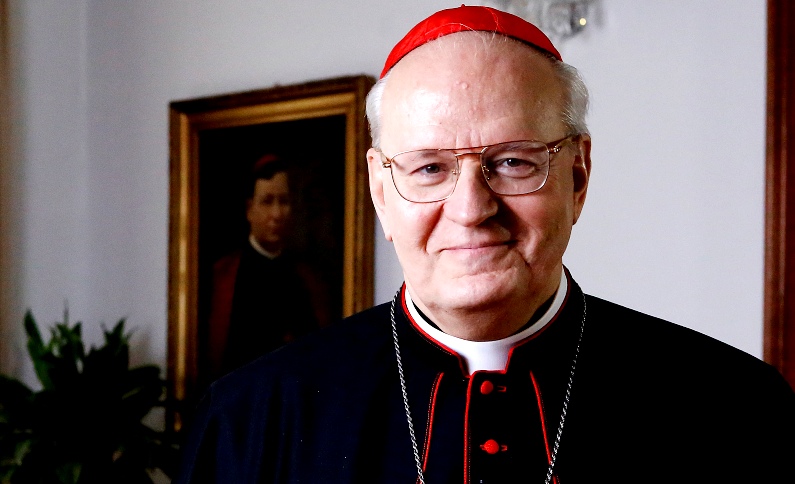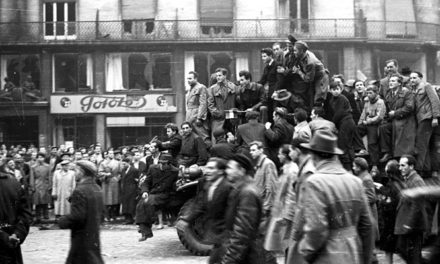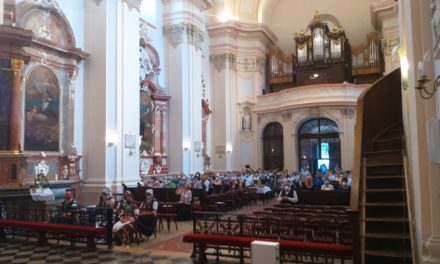Jesus of Nazareth was born as a homeless child, and this is a consolation for those fleeing war, Cardinal Péter Erdő, Archbishop of Esztergom-Budapest, said on the occasion of Christmas.
Jesus not only became one of us, but also took on poverty and homelessness, which is why he is especially close to poor children and those who are forced to flee after losing their homes.
The cardinal emphasized that since the outbreak of the war in Ukraine, the church has been doing everything it can to help the refugees. "From the very beginning, we welcomed families in the larger buildings of the diocese", providing them with food and clothes, and we tried to ensure the children's schooling already in the spring semester, he said.
In his view, "a fine, organic integration" can be experienced, the good arenas of which are parish communities. The refugee families who appeared there are now part of the community's life.
The Transcarpathian children who knew Hungarian integrated relatively easily into the communities of the Catholic schools that welcomed them. On the one hand, Russian-speaking teachers from Catholic schools and, on the other hand, refugee teachers undertook to teach the children who did not speak Hungarian.
From a pastoral point of view, the cardinal called it important that the Church of the English Ladies in Váci Street and other, less central locations also provide the opportunity to perform the holy liturgy in Ukrainian in the Byzantine rite every Sunday.
At Christmas, they pay special attention to refugee families, they try to make the holiday more beautiful by handing out gifts and donating, he said, noting that he himself distributed gifts at the Christmas celebration organized by Catholic Charity for refugee children.
In addition to assistance in Hungary, aid shipments from Caritas to Subcarpathia are continuous
the cardinal added.
Speaking about the holiday, Péter Erdő highlighted
Christmas is not only a family holiday, but also a community holiday. The shepherd play held in the churches on the afternoon of the 24th, the midnight mass and the high mass presented on the first day of Christmas are important elements of the holiday, he said.
He added that the shepherd's play is an older custom in Hungary than setting up the Christmas tree, and the Christmas carols that we sing under the tree today were once sung around Nativity.
Regarding the possible visit of Pope Francis next year, Péter Erdő indicated that the official invitation has been made by both the church and the state, and the head of the church previously stated that he would be happy to come for a pastoral visit, but no official response has been received so far.
"I am optimistic," said the cardinal, adding that after the hoped-for positive response, preparations for the papal visit can be broken down into specific locations and times.
When asked how the church is trying to overcome the energy crisis, Péter Erdő said: the smaller communities and spiritual movements operating in the parishes are "very strong", they also operate in difficult conditions, on the one hand, in parishes that also serve as priests' apartments and thus pay at least partially discounted utilities , on the other hand, in the homes of members of the communities.
The heating of the churches was only partially solved in many places until now, and it was not that long ago when most churches had no heating at all. Thus, he said, "we can deal with the current situation, if not with joy," adding that they try to at least maintain pew heating during the festive Masses.
The real big challenge is the operation of public institutions, schools and social institutions. In Catholic schools, they try to follow the guidelines issued for public schools, but in social institutions, where elderly and sick people are cared for, the heating cannot be turned down.
He said that church institutions started building solar panels years ago and are now doing so with even greater momentum, but so far this has not brought such a change that the rise in the price of gas and electricity would not be a heavy burden.
Part of the rising overhead costs was compensated by the state, but most of it is not yet covered, and must be paid from the reserves of the Diocese Catholic School Authority for school improvements and building maintenance.
The cardinal assessed the census that took place in the fall as being comparable to a sociological survey, given that it was voluntary and anonymous. The church has its own registration system, the basis of which is the baptism register, which includes the major events of faith and life, in addition to baptism, first communion, confirmation, marriage and funeral.
Of course, the data of the census and the voluntary declaration may differ from the church register.
When asked who is considered a Catholic, the cardinal stated: everyone who was baptized in the Catholic Church or received there after being baptized. Based on the principle "semel catholicus, semper catholicus" (once a Catholic, always a Catholic), even though someone can leave the community of the Church and if he wishes, this is even recorded in the register, this only means that he has moved away from the Church, but he can return in a certain way .
According to our belief, the church is a people, to which a person can feel close or distant, but still belongs there, remains a member.
However, "it is more important for us to stick to our faith with love and pass it on" than statistical data, Péter Erdő added.
MTI
Featured image: Ambrus Marcsi












